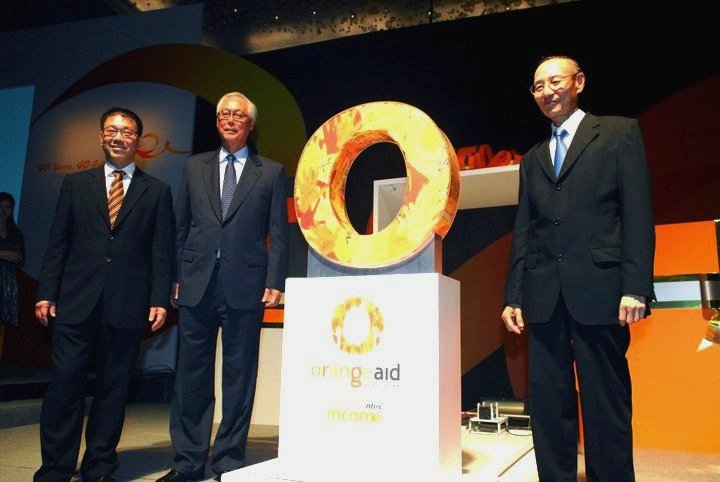Classroom Shortage Reaches 160,000 as School Year Commences

As the new academic year begins, approximately 27 million students across the Philippines are returning to classrooms amid a persistent and escalating shortage of educational facilities. According to the Department of Education (DepEd), the deficit has now reached a staggering 160,000 classrooms, prompting urgent calls for action from government officials and stakeholders in the education sector.
Education Secretary Sonny Angara, addressing the media on June 14, 2025, acknowledged the multifaceted challenges contributing to this classroom shortage. Factors include budget constraints, natural calamities, aging infrastructure, and a rising student population. Angara emphasized that if the government maintains its current funding levels for classroom construction, it could take up to 55 years to resolve the backlog, a timeline that raises significant concerns for educational equity in the country.
In response to the crisis, Angara announced that the government is pursuing a public-private partnership initiative aimed at constructing 100,000 new classrooms during President Ferdinand Marcos Jr.'s administration. This plan involves loan agreements with contractors, where payments will be structured over a decade, allowing the use of classrooms even before full payment is made. "The payment will be over 10 years, similar to a build-and-lease system," Angara explained in a radio interview. This strategy aims to alleviate the immediate pressure of overcrowded classrooms, where some classes reportedly exceed 45 students.
Moreover, the DepEd is also implementing distance education programs to decongest schools experiencing double or triple shifting. Angara noted that the introduction of 20,000 new teaching positions across the country has helped to narrow the teacher shortage, thereby enhancing the learning environment for students.
In an effort to address literacy issues, the department is launching a summer reading program, which has shown promising results in preliminary assessments. "Teachers should focus on teaching learners, but it is sometimes impossible because of the number of students," Angara stated, highlighting the need for systemic changes in the educational framework.
The K-10 curriculum is also undergoing significant revisions to incorporate lessons in artificial intelligence, reflecting a broader trend towards modernization in educational content. Additionally, around 800 schools will embark on a revamped senior high school curriculum, simplifying the structure from four tracks to two and removing certain subjects to streamline learning.
As the school year opens, parents and teachers are actively participating in 'Brigada Eskwela,' a community initiative aimed at preparing schools for the influx of students. Recent images from Rafael Palma Elementary School in Manila depict parents and teachers cleaning and organizing classrooms in anticipation of the new academic term.
The situation is compounded by infrastructural issues, including a lack of water supply in some schools. The Local Water Utilities Administration has been directed to resolve these matters, following a visit from President Marcos to a school in Bulacan during the Brigada Eskwela week.
In addition to addressing the physical classroom shortage, the DepEd is accelerating its procurement of technological equipment. The department has secured approximately 79 percent of its annual budget for the computerization program, enabling the purchase of over 33,000 laptops for teachers and 26,000 smart televisions for classrooms. This initiative aims to enhance the teaching and learning experience, potentially making education more engaging and accessible.
As the DepEd embarks on this new school year, it faces the daunting task of bridging the classroom gap while simultaneously modernizing educational practices. The implications of these efforts extend beyond mere numbers; they hold the potential to reshape the educational landscape in the Philippines significantly, impacting generations to come. The success of these initiatives will depend not only on timely implementation but also on sustained commitment from all stakeholders involved in the nation's education system.
Advertisement
Tags
Advertisement





